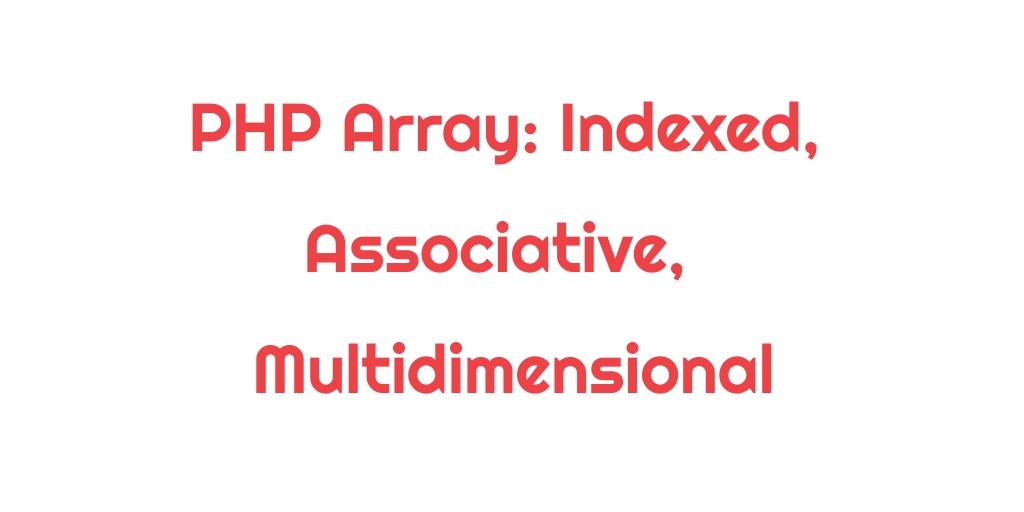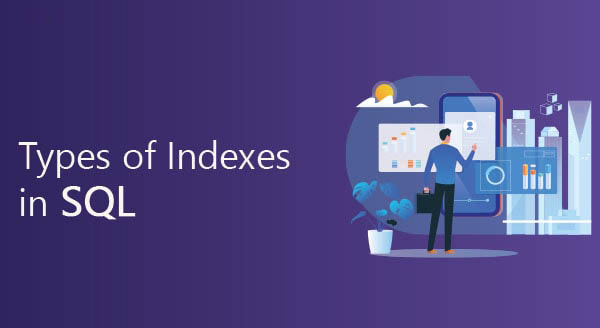PHP is the most commonly used web development scripting language. Every month, a number of tools are created to make life of PHP developers much easier. Script debugging has always been a concern for developers, especially for beginners and intermediate level developers.
Before reading the full post, you should first understand the concept of debugging.
Debugging is a subject of removing bugs from the script to ensure correct execution. Debugging is always a time consuming task, as during dry run you have to go at every line of code. To reduce the time spent in debugging, various tools have been developed. PHP debugging has never been an easy subject.
In the competitive market there are numerous software available for debugging of PHP scripts. Selecting a debugging tool is not an easy task. To select a debugging tool, first you should consider the functionalities. PHP debugging tools are basically the apps developed to find bugs within the code. The significance of these tools becomes more evident when a developer is working on large projects containing thousands lines of code. Here, we have just compiled a list of the most popular PHP debugging tools to help developers to generate a code in a timely manner. Details are as follows:
- Xdebug:
Xdebug is a PHP extension which facilities debugging and profiling. It supports PHP7 and is also compatible with older ones like PHP 5. The information which Xdebug provides is about stack and functions with full parameter for user defined functions, memory allocation and support for infinite recursions. It also provides profiling information, code coverage and capabilities for debugging of scripts with debugger front end.
Xdebug offers function call logging, automatic slack traces and enhanced output and code coverage information. Xdebug is considered very adaptable and highly configurable. Slack traces shows error, help in tracing the errors.
- Firephp:
Development of firePHP was to cover the gap which was left in the debugging field. It was felt by developers that there should be a tool which can debug Ajax requests and responses as well.
Actually, it was tough to trigger Ajax specific request with a RESTful model. Hence, FirePHP was launched for this. In this tool, you don’t need modification to trace errors; your messages are sent via browser in the HTTP response headers which works great as it doesn’t break encoding of JSON or XML. Hence FirePHP is perfect for debugging Ajax requests as well as PHP codebase.
FirePHP is an add-on which is the extension of Firebug. It provides an API with PHP web applications. FirePHP is a free resource which can be attained through Mozilla addons section.
Things Needed for FirePHP:
Following are the three requirements you would need to get started with FirePHP.
You can install FirePHP after reading few instructions through the website.
- Netbeans:
Netbeans is another debugging tool which is originally written in Java. A significant advantage of netbeans is that its IDE can be extended by the third party.
Netbeans is a very useful tool for PHP development as well. Netbeans can be run on different compatible platforms like Linux, Microsoft Windows, Mac OS and Solaris.
Also, you may find a wider community over the internet which can help you in development. Latest version of Netbeans is Netbeans IDE 8.1. Netbeans is open source and has worldwide community of users.
NetBeans PHP editor is very useful as it facilitates developers in code generation. There are many benefits of using net beans. Semantic code highlighting, code formatting, popup documentation, marking of occurrences and exit point are few of them.
- Sublime:
Sublime is a very popular source code editor which supports many languages. Sublime is also an extendable resource. It can be downloaded from the official website of Sublime text.
Its interface and extraordinary features are the main reason behind its popularity. It has very good performance on cross platforms. It is very fasts in searching files, switching files, opening files and switching between different projects.
- PHPstorm:
PHPStorm is another popular cross platform IDE for PHP. Its editor has PHP, HTML and javascript debugging options. It supports all major versions of PHP including PHP7.
PHPstorm was written in Java. PHPstorm supports all features which are included in Webstorm. Preinstalled javascript plugins are also available in PHPstorm for example node.js. Latest stable release of PHPstorm is PHPstorm 10.0.
Benefits of testing and debugging with PHPstorm:
It is easy to configure debuggers like x debug and zend debugger to test local variables, arrays, complex objects. PHPUnit tests can be performed in it and can be executed from directory, class or file with code coverage. User can jump from execution stats to functions in PHP via PHPstorm.
- Zend studio:
Zend Studio is also a commercial IDE for PHP owned by the Zend technologies. It is based upon PHP development tools (PDT) plugin for Eclipse platform. It is a pre-integrated and tested application stack.
Being integrated with the Zend Server, it helps a lot the PHP developers to speed up detection analysis in the production environment. Moreover, it provides MVC view through which code navigation and integration with zend which auto generates code. It enables deployment with FTP, SSH and SFTP. Its stable version was released in April 2015.
- Kint:
Kint is a very powerful PHP debugging tool. Kint is also an open source platform. It is a very well known debugger. It is said to be a zero setup replacement. It presents enough information like variable name and other tailored alternatives.
Kint is a very friendly tool which presents variable content in readable way. It is similar to Krumo in a way that it provides alternative to var_dump(). It provides replacement for print_r() and debug_backtrace() as well. It helps presenting data in better way.
- Webgrind:
Webgrind is basically a profiling web frontend of Xdebug. It is compatible with all platforms and helps by implementing features of Kcachegrind. The installation is very quick. It is best for quick and messy optimizations. It is very simple and provides cross platform compatibility.
- Whoops:
Whoops is a library which helps in development and maintenance of projects. Through this library, you can easily deal with errors. It is considered as a flexible, straightforward toolset which helps in dealing with errors. It shows an error page.
Library main features include detailed error pages. It also supports Ajax and JSON requests. It provides compact, clean and tested code base environment. Whoops responds to the JSON request, if it is failed during an AJAX request.
- PHP_Dyn:
It is a debugging tool of PHP which is an extension of PHP. You can easily get trace of code scripts which do not need to be changed. This extension enables printing of HTTP request parameters. Also it enables the printing of function call and the return value.
The above 10 debugging tools of PHP are equally useful. However this list doesn’t determine their ranking among PHP experts. Nonetheless, these tools are being used by PHP experts all over the world.




